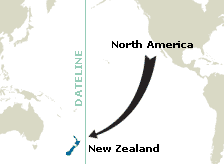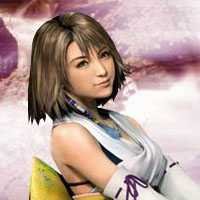 Highly prized taonga (treasures) are often gifted as an act of koha
Highly prized taonga (treasures) are often gifted as an act of koha“In earlier times the koha consisted of immediate assistance to the gathering, in terms of food.”
Koha is the traditional act of gifting. In the powhiri (welcoming ceremony) the presentation of koha follows directly after the last speaker has finished their mihi (formal greetings) and waiata (song).
Maori regard the act of giving koha and the manner in which it is given as taking precedence over the actual value of the gift. For example, in the days when war raged between Maori tribes, koha may have been offered in the form of waiata, in gratitude for refuge. Its value would be placed in the lyrics, composition and delivery. In earlier times at marae gatherings, food was often given as koha. Today the gift is often monetary.
To commemorate the centenary of the signing of the Treaty of Waitangi, New Zealand’s founding document, Princess Te Puea of the Tainui Federation of tribes, gifted the expertise of two Waikato carvers who were skilled in the technical construction of waka (vessels). Under their guidance, a team of carvers from Te Tai Tokerau (Northland) carved the magnificent waka, Ngatokimatawhaorua, from kauri trees felled in the Puketi State Forest.
Originally inspired by Princess Te Puea’s vision of seeing a fleet of waka at the 1940 Centennial Celebrations, this gift was a symbol for renewing old alliances and strengthening the bonds of shared ancestry. The canoe is revered amongst Maori of all tribes and attracts visitors from around the world.
The gifting of koha is a very dignified act. A display of humility further enhances the esteem of the visitor.
As a host moves to receive the koha, their eyes remain focused on the visitor as a mark of respect. During the handing over of the koha, waiata are sometimes sung by the hosts to acknowledge the visitors' respect of protocol.










No comments:
Post a Comment